However, some people may experience an adverse reaction after consuming avocados. It's critical to be aware of potential warning signs in order to prevent unfavourable side effects.
1. The cost is high.
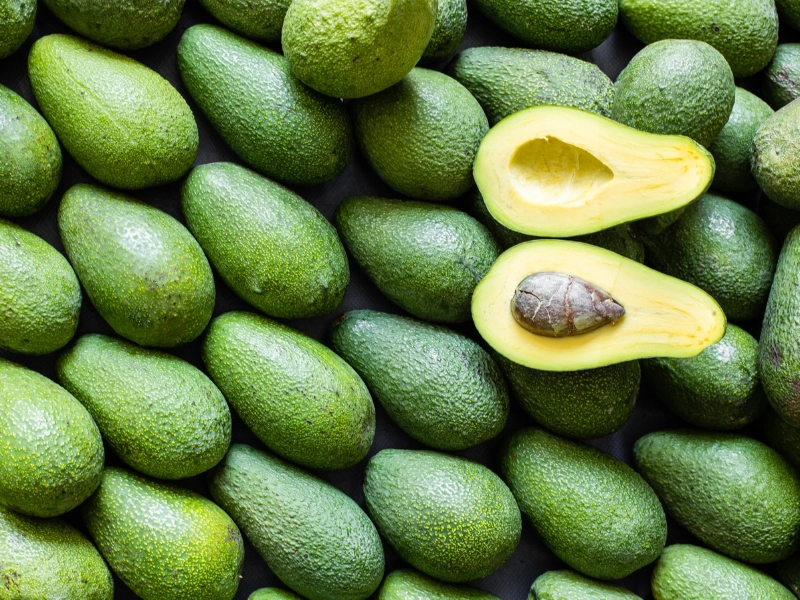
Although they are quite popular, avocados may be very costly. This is because to the high cost of growing and shipping them.
Numerous beneficial elements found in avocados can aid in the treatment of a wide range of illnesses. They have monounsaturated fat, which has the potential to reduce triglycerides and bad cholesterol. Additionally, they're a fantastic source of potassium, which lowers blood pressure. They also include a wealth of antioxidants, which have the ability to strengthen the immune system and reduce inflammation.
Potassium, one of the most vital elements found in avocados, can lower high blood pressure and maintain a healthy heart. Additionally, they contain carotenoids that can lower the risk of age-related macular degeneration, including as zeaxanthin and lutein. Additionally, they are a fantastic source of vitamin A, which helps shield the eyes from damaging UV light. Additionally, by scavenging the body of free radicals, they can aid in lowering the risk of cancer.
2. Allergic responses may result from them.

Numerous essential elements, such as potassium, folic acid, and vitamin B, are found in avocados. Additionally, they include antioxidants that help ward against cataracts and macular degeneration, including as lutein, zeaxanthin, phytosterols, and cryptoxanthin. They are an excellent option for people with high cholesterol or heart disease because they are also high in fibre. The good fats they contain might also aid in making you feel full.
Oleic acid, a substance found in avocados, has been connected to normal cholesterol levels and a decreased risk of metabolic syndrome, a collection of ailments that includes high blood sugar, high blood pressure, heart disease, and extra abdominal fat. They also include a good amount of vitamin K, which may lower the risk of Alzheimer's and prostate cancer.
However, some people may experience allergic responses after consuming avocados. Hives and itchy skin are the most typical symptoms, although severe reactions can be fatal. See a doctor right once if you suffer from these symptoms. You can get an auto-injector of epinephrine from them.
3. They could overwork the liver.
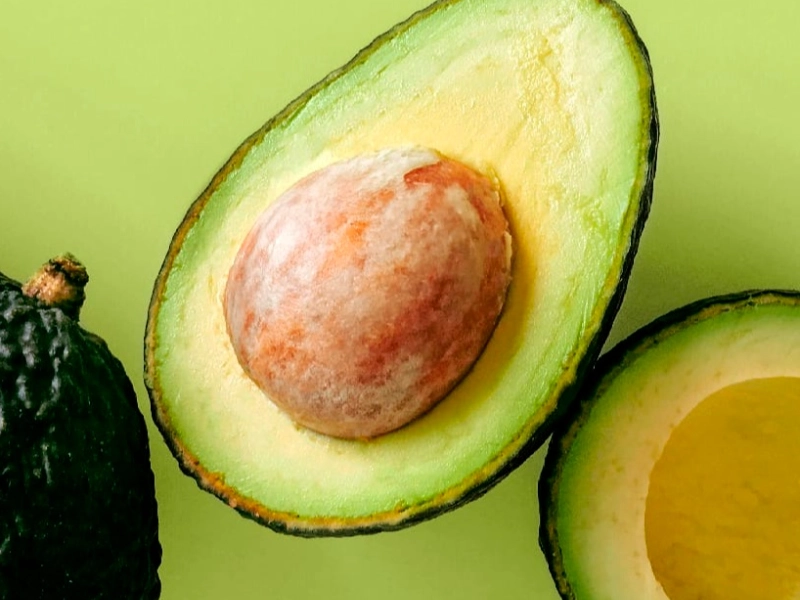
Avocados are a fantastic source of fibre, which improves digestive health and satiety levels. They also include beta-carotene, polyphenols, and monounsaturated fats, which helps lower triglycerides and cholesterol. These nutrients have the potential to enhance blood vessel health and lower the risk of heart disease.
Additionally, they can be an excellent source of choline, a nutrient that is crucial for maintaining the functioning of the liver. On the other hand, it's critical to remember that avocados are high in fat. This implies that if consumed in excess, they may contribute to an unhealthy weight.
Avocado consumption is not advised while pregnant or nursing. They may harm the mammary gland and decrease milk production. Moreover, some individuals may experience an adverse reaction to them. This is due to the fact that they resemble the proteins present in latex, and avocados may trigger an allergic reaction in those who are allergic to latex.
4. They might result in the production of less milk.
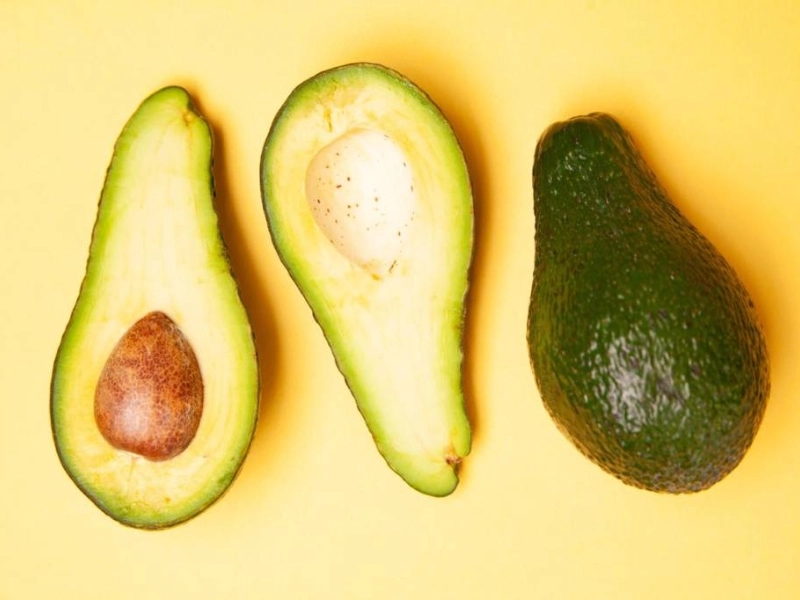
Avocados are an excellent source of monounsaturated fats, fibre, and potassium. These nutrients assist in lowering cholesterol and blood pressure. They also have carotenes and antioxidants. Avocados' soluble and insoluble fibre encourage regularity, which wards against constipation. Additionally, beta-sitosterol, which lowers cholesterol, is present in avocados.
Because avocados have a low glycemic index, eating them won't cause your blood sugar to jump. They are therefore a well-liked supplement to low-carb diets. In addition, they are a wonderful source of calcium, which is necessary for strong bones.
Eating avocados may occasionally result in less milk being produced. For nursing moms, who must make adequate milk for their infants, this could be an issue. This only occurs, though, if the avocado is not quite ripe. It has nothing to do with how many calories or protein an avocado contains. Estragole and anethole, two chemicals present in avocado seeds, are most likely the cause of this.
Advertisement
Recommended Reading: How Should You Sleep With Osteoporosis?

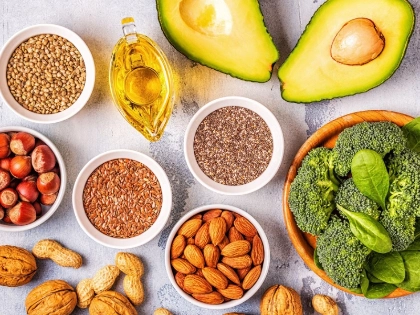






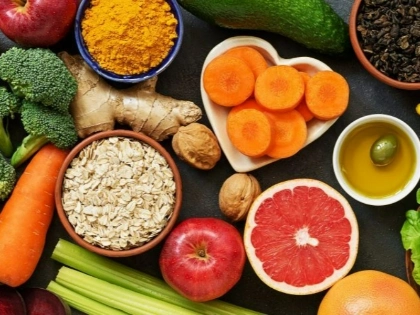





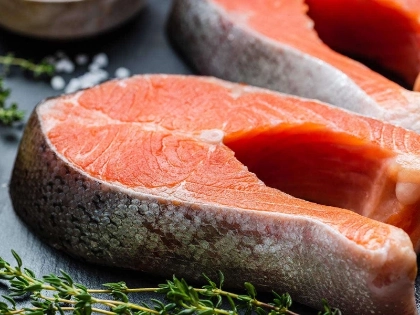

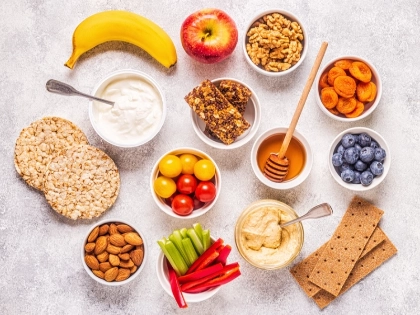
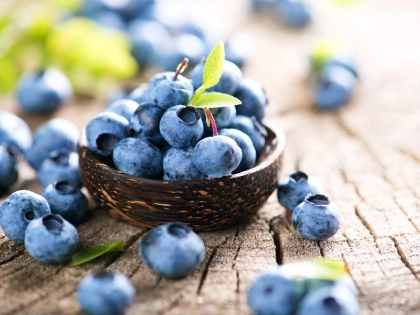





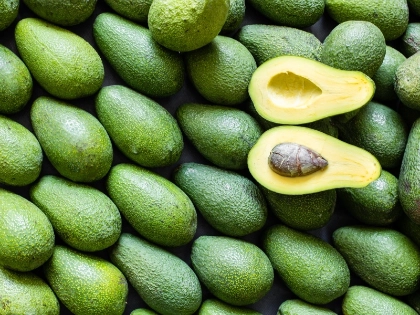

Comments
Leave a Comment
Your email address will not be published. Required fields are marked *